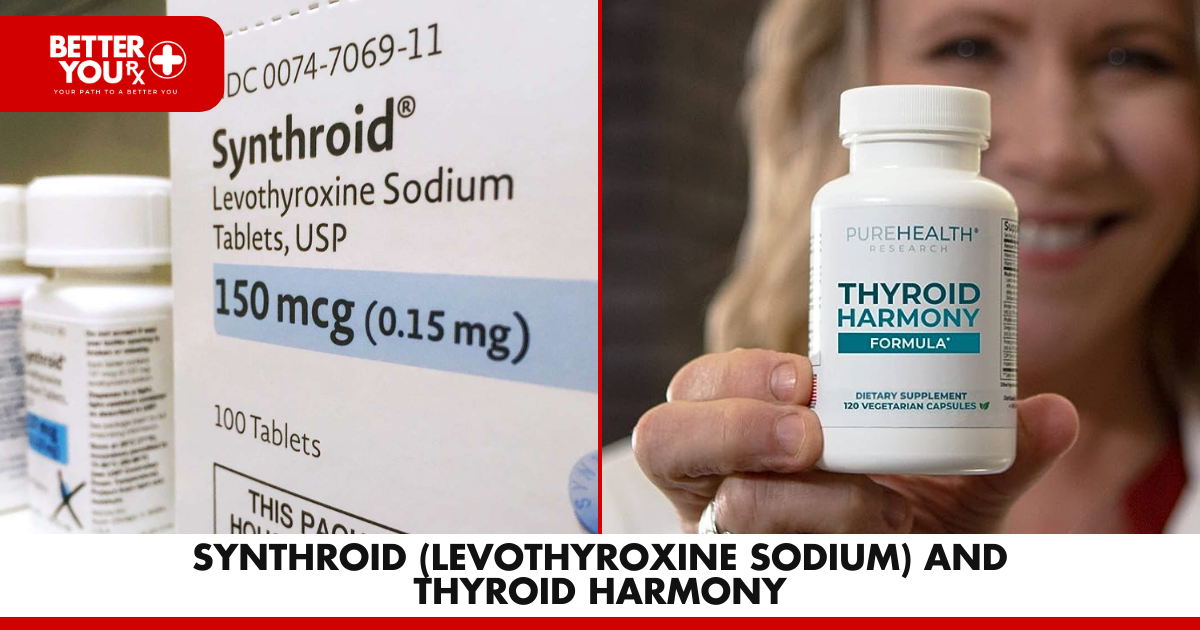Veterinarians have been advising pet owners that keeping a companion animal may ease stress and anxiety since the 19th century. The psychological advantages of communicating with our dogs have been supported by numerous psychologists. Pets contribute to our entire well-being by fostering feelings of love, social connection, and thriving health. But there are a lot of unexpected ways that dogs can reduce our stress and lift our spirits. We can cope with disease, death, and loss with the aid of animals. They can make us feel more at ease and less isolated in our surroundings.
Pet owners are more physically active, have lower blood pressure, and have stronger immune systems than non-pet owners. We become happier and healthier persons as a result of animals.
The Ways Pets Can Reduce Stress And Your Mood
Pets can lessen stress from the workplace
Animals that have pets are by nature joyful and kind. They are also quite good at accepting their owners without conditions. It suggests that having a pet at work can significantly lower stress and anxiety. When there are pets around, according to psychologists, people feel more welcomed and less alone at work. Additionally, employees are better able to focus and do a better job at their professions. Pets aid in stress and anxiety relief, improving a person’s general health and well-being.
Pets can aid in reducing anxiety and depression
Having a pet helps reduce anxiety in those who have mild to moderate depression. Pets can uplift our spirits and inspire us to seek out social interactions. People feel safer and more secure when there are pets in the house, which makes them happier and less stressed. When your pet is around, you could also notice that you become more active, which reduces any stress you may be feeling.
Pets encourage social interaction and activity
Pets can encourage you to be more social and active. People who own dogs are inherently more likely to socialize with others. These people typically have better physical health, which lowers the body’s levels of stress chemicals. One study found that pet owners were more likely to have renewed energy following a walk with their animals, which is among the best strategies to lower stress and anxiety.
Pets can contribute to your happiness
You can discover happiness with pets. People who have pets are probably happier and more contented than those who don’t. Additionally, stress and anxiety can be reduced by pets, which makes people happier and more pleased in general. Not only do pets help us manage our stress, but they also serve as wonderful diversionary activities that uplift and satisfy us. Your happiness might help you deal with the stresses of your daily life.
Pets aid in preserving a healthy weight
Pets make fantastic companions and, depending on the individual’s current objectives, can aid in weight loss or maintenance. According to one study, those who own dogs have lower levels of cortisol, the stress hormone linked to weight growth. Pets can help us feel more relaxed and tranquil, which is the ideal environment for maintaining a healthy weight. Additionally, studies have found that pet owners are more likely to exercise because they prefer to spend time outside with their animals.
Your blood pressure may drop as a result
Pets have the ability to reduce blood pressure. One study found that pet owners who held a therapy dog after a simulated stroke had lower blood pressure and less anxiety. Due to the fact that pet owners are significantly less likely to develop high blood pressure than non-pet owners, having one of these cute creatures as a pet may ultimately improve your health.
They encourage you to work out and look after yourself
Pets are excellent sources of inspiration for getting out and taking better care of your body. Pet owners are significantly more inclined to go outside and be active. Those who own dogs are less likely to become obese, and cat ownership helps lower blood pressure. Similar to humans, having a cat or dog can improve your health and make your life simpler. This pet shouldn’t pose a long-term health risk unless you have an allergy to them.
They might support your efforts to combat depression
Like people, pets can aid in the treatment of mild to moderate depression. According to one study, caring for a dog or cat and maintaining social relationships were helpful for pet owners who were depressed. These individuals were consequently considerably more likely to look for the assistance they required and recover. Make sure you have enough of time set aside for exercising with your pet if you are taking care of one. It supports lower blood pressure, a stronger immune system, and general reductions in stress and anxiety.
They could strengthen your immune system
Your immunity might be strengthened by pets. It has been demonstrated that cats and dogs have a favorable impact on the immune system, which can aid in the prevention of diseases. It’s because keeping an animal in your home reduces your risk of getting the flu or other infections. The same is true for encouraging normal blood pressure and heart rate, both of which are advantageous to the immune system.
They can help you stay ahead of epilepsy
Pets can help keep you safe from seizures. One study found that people with pets were less likely to have seizures and medication and more likely to be on their feet and exercising regularly. Pets are also a great way to make us feel happier, which can bring about lowered stress levels. Pets can lower your chances of developing epilepsy because they’re always around and will be there when you’re ready to play, which we do with them repeatedly.
They help your memory
Having a pet can improve your memory. Pet owners are far better at recalling names, locations, and events from the past. Pets are a wonderful method to socialize and engage with others, which both aid with memory. Additionally, they can boost your immune system, which makes it easier for your body to resist emotional stress.
They can aid in sleep
Having a pet can improve your quality of sleep. People who have pets in their homes typically sleep more soundly and soundly than people who don’t. Pets are wonderful diversions that often enable us to unwind and, in the long run, simplify our lives. These animals will probably make your life easier because of their unconditional love. Not only will they make you joyful, but many people find that they also improve sleep. You can live longer, healthier, and happier with your furry buddies if you own a pet, which is a fantastic stress-reduction technique.
Pets can make your life easier by assisting with insomnia, depression, and general wellness, provided you’re prepared to care for one.
They’re also a fantastic diversion that makes it possible for us to live a more active lifestyle, which over time aids in preventing disease and illness. Their unwavering affection makes everything worthwhile. Your mood and stress levels may improve after getting a pet. You can manage stress and anxiety with the aid of pets. Having a pet can make us feel more at ease and peaceful, which makes it simpler to handle stress or worry. We can use pets as excellent distractions to stay out of stressful circumstances. In the end, they’re a fantastic technique to free our bodies and minds of unpleasant emotions or thoughts.
In conclusion,
The book “Pawsitive Vibes” emphasizes the remarkable ability of pets to reduce stress and improve overall well-being. Veterinarians have long recognized the psychological benefits of owning companion animals, which foster love, social connection, and improved health. Beyond the expected advantages, pets can offer unexpected ways to alleviate stress and lift spirits, helping us cope with challenging circumstances and feelings of isolation.
Studies have shown that pet owners are more physically active, have lower blood pressure, and have stronger immune systems, leading to increased happiness and better health. Pets can have a profound impact on reducing stress and anxiety in various ways.
Firstly, having pets in the workplace creates a joyful and welcoming atmosphere, lowering stress and loneliness while enhancing focus and job performance. Secondly, pets can aid in reducing anxiety and depression, providing a sense of safety and security and encouraging increased activity levels. Pets also promote social interaction, encouraging owners to be more active, which in turn reduces stress chemicals in the body.
Furthermore, owning pets contributes to overall happiness and contentment, serving as wonderful diversions that uplift and satisfy. They can even assist with weight management, lower blood pressure, and strengthen the immune system.
Pets can support those dealing with epilepsy, improve memory, aid in better sleep, and boost emotional well-being. Their unconditional love and companionship make life easier, providing comfort and distraction from stress-inducing situations.
In essence, pets can be powerful allies in managing stress and anxiety, offering peace, comfort, and a positive outlook. They create an environment of relaxation, enabling us to handle life’s challenges more effectively. With their support, we can navigate difficult emotions and experiences, ultimately leading to improved physical and mental well-being. Owning a pet is truly a fantastic stress-reduction technique, contributing to a longer, healthier, and happier life for pet owners who are willing to care for these lovable companions.
Experience the undeniable power of pets in reducing stress and enhancing your well-being with Better You Rx pharmacy. Our selection of medications and prescriptions is designed to complement the therapeutic effects of pet companionship, helping you manage anxiety, depression, and overall stress. Embrace the happiness and improved health that comes with owning a pet, and let Better You Rx be your partner in achieving a more balanced and joyful life. Discover the extraordinary benefits of combining the love of pets with the right medications and prescriptions to lead you on a path toward a happier, healthier you. Take the leap towards a life filled with “pawsitive” vibes and choose Better You Rx pharmacy today.










